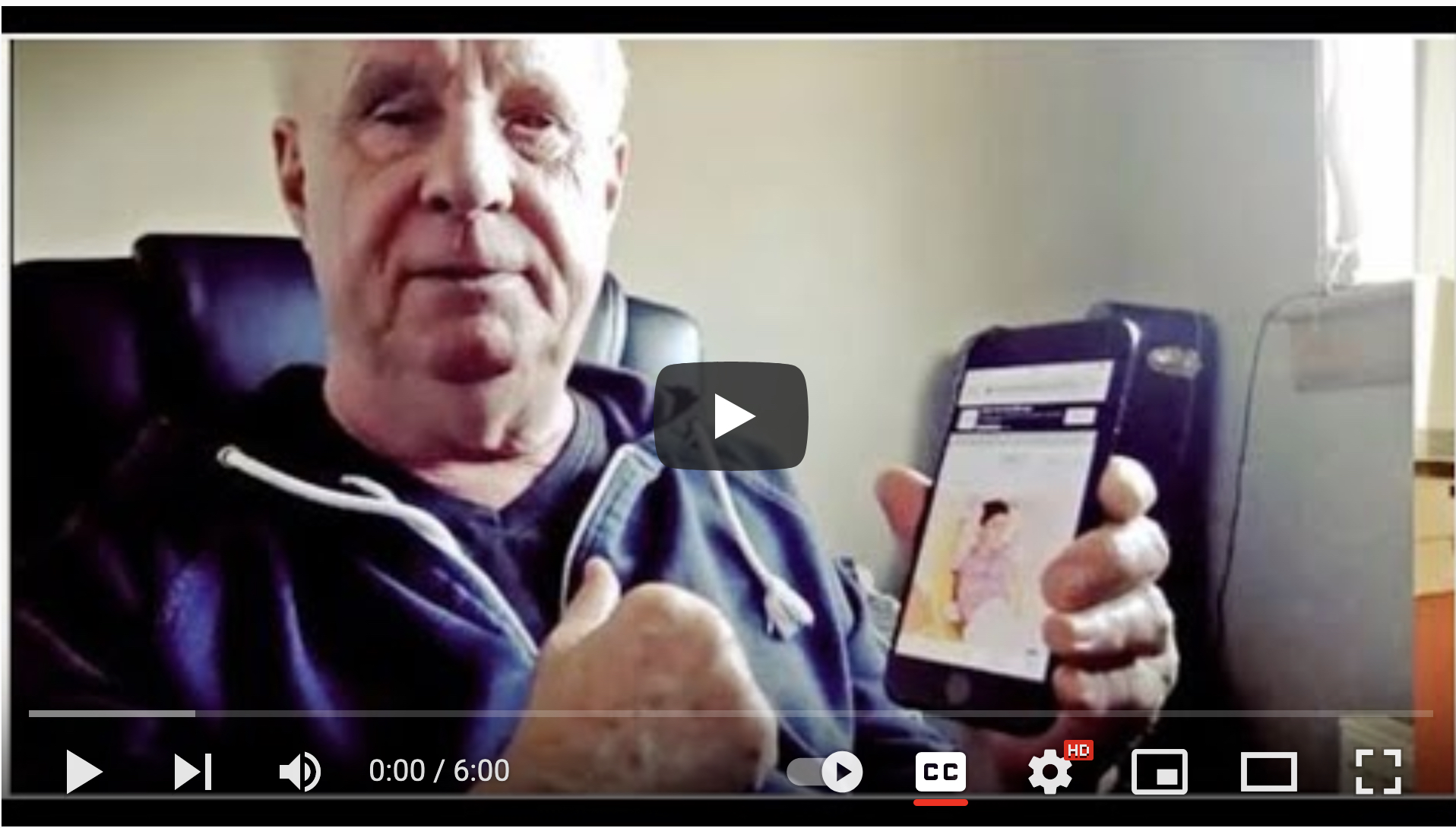A summary of the seminal case relating to Inaccessible Websites and Disability Discrimination Legislation
In June 1999 Bruce Maguire lodged a complaint with the Human Rights & Equal Opportunities Commission under the Australian Disability Discrimination Act. His complaint was that he was being discriminated against because he could not access the contents of the Olympic Games website.
As a highly skilled user of a refreshable Braille display he was used to being able to access the content of web pages, however, he was unable to access important content on the Olympic Games website.
He won the case, but the Olympic Committee did not make the required changes, and subsequently he was awarded $20,000 dollars in compensation.
The Olympic Games website contained the following accessibility issues:
- There were no labels on images or imagemaps.
- There was no access to the index of sport pages from the schedule page
- The contents of the results table were inaccessible.
Do you need an experienced accessibility auditor to check if your website is complaint with equality legislation? If so, get in touch today.
Tel: 07810 098 119
Email: accessibility@jimbyrne.co.uk
The Olympic Committee defence
SOCOG said that:
- The issues with the alt attributes had been solved – and that labels had been added to all images.
- The sports pages could be accessed via an alternative route, i.e., by typing in URLs to the pages.
- The site was not subject to the act because it was ‘promotional’.
- The site was too big and to make the website accessible would entail ‘unjustifiable hardship’.
- It would require additional infrastructure, time and resources costing $2.2 million.
- 1, 295 templates would need to be altered.
- One person working 8 hours per day would take over a year to fix the problems.
SOCAG reasons were not accepted
All of the above reasons where conclusively repudiated by Australian Authorities and expert witnesses.
The Human Rights Committee did not agree that the site was only promotional and said that it was a service provided during the Sydney Olympic Games.
The Commission found that having to access pages by typing in a long URL did not constitute equal treatment,
“The proposed alternative is both unorthodox and cumbersome and need not be resorted to by a sighted person.’
Expert witnesses dismissed the arguments related to the site being too big to change; i.e., they refuted the claim that the cost, complexity and time involved would mean unjustifiable hardship for SOCOG.
Expert witnesses concluded that,
- Changes would take a developer with 4-10 helpers four weeks.
- Only 394 templates would be required.
- No new infrastructure would be required.
- The cost of making the site accessible would be modest.
- Accessibility tags are not different from other tags, therefore, would not take any longer to add.
Expert witness Tom Worthington, expressed the view that the corrections would take less time than the time which was consumed talking about it.
SOCOG lost the case and were ordered to make changes by adding alt attributes, providing access to the Sports pages and making the results tables accessible. They refused to comply and were fined $20,000 (Australian dollars).
The Commission found that Bruce Maguire had been discriminated against and that the attitude of SOCOG – who had not taken the complaint seriously – had caused ‘considerable feelings of hurt, humiliation and rejection’.
The Bruce Maguire v the Sydney Organising Committee for the Olympic Games set a worldwide precedent relating to the requirement for websites to be accessible in countries with similar disability discrimination legislation.
Links
- Nublog Reader’s guide to Sydney Olympics accessibility complaint: http://www.contenu.nu/socog.html
- Human Rights and Equal Opportunities Commission: http://www.hreoc.gov.au/
- Australian Disability Discrimination Act: http://www.hreoc.gov.au/disability_rights/dda_guide/dda_guide.htm
This article was written by Jim Byrne, a Web site accessibility specialist since 1996. He is the founder of the Worldwide Guild of Accessible Web Designers and author of the QnECMS – the accessible CMS.
Tags: Bruce Maguire, legislation, Sydney Olympics
Related Content
- Website Accessibility Auditing Service – for WCAG 2.1, WCAG 2.2 ComplianceRichard Morton is a member of our website accessibility audit team "A large proportion of my work over the last six years has been web accessibility auditing, using the Web Content Accessibility Guidelines (WCAG 2.1 & WCAG 2.2).I do manual testing, using the standard browsers, and light tools like the AIS ...
- Accessibility Auditing – WCAG 2.1 & WCAG 2.2 and Accessible Website Design, UKJim Byrne is an accessibility specialist with three decades of experience in accessible website design, training and accessibility auditing and consultancy for the not-for-profit, education, public and third sector. An award-winning website developer, website accessibility training provider and WCAG 2 expert ( he provided feedback on the development of WCAG ...
- Robert Hall – Document accessibility compliance (PDF, Doc)As a subject matter expert in document compliance, Bob specializes in creating and converting PDF and Microsoft Office documents to accessible formats. Having worked with many private, government and educational institutes for the past 8 years, Bob is proud to have dedicated his professional career to help ensure inclusion for all. Contact ...
Take my Web Accessibility Online Training Course - WCAG 2.1 Compliance
Learn to design and manage WCAG compliant, accessible websites with my online course
You will learn both the techniques of accessible website design and an entire ‘framework for thinking about the subject’. It will equip you with the skills to understand, identify and fix issues any accessibility issues you come across. Watch the free videos to get a taste of what is on the course.
)
Working with non-profits, charities, voluntary and public sector organisations and social enterprises for over 20 years. Jim set up one of the worlds first website accessibility web agencies in the mid 1990s.